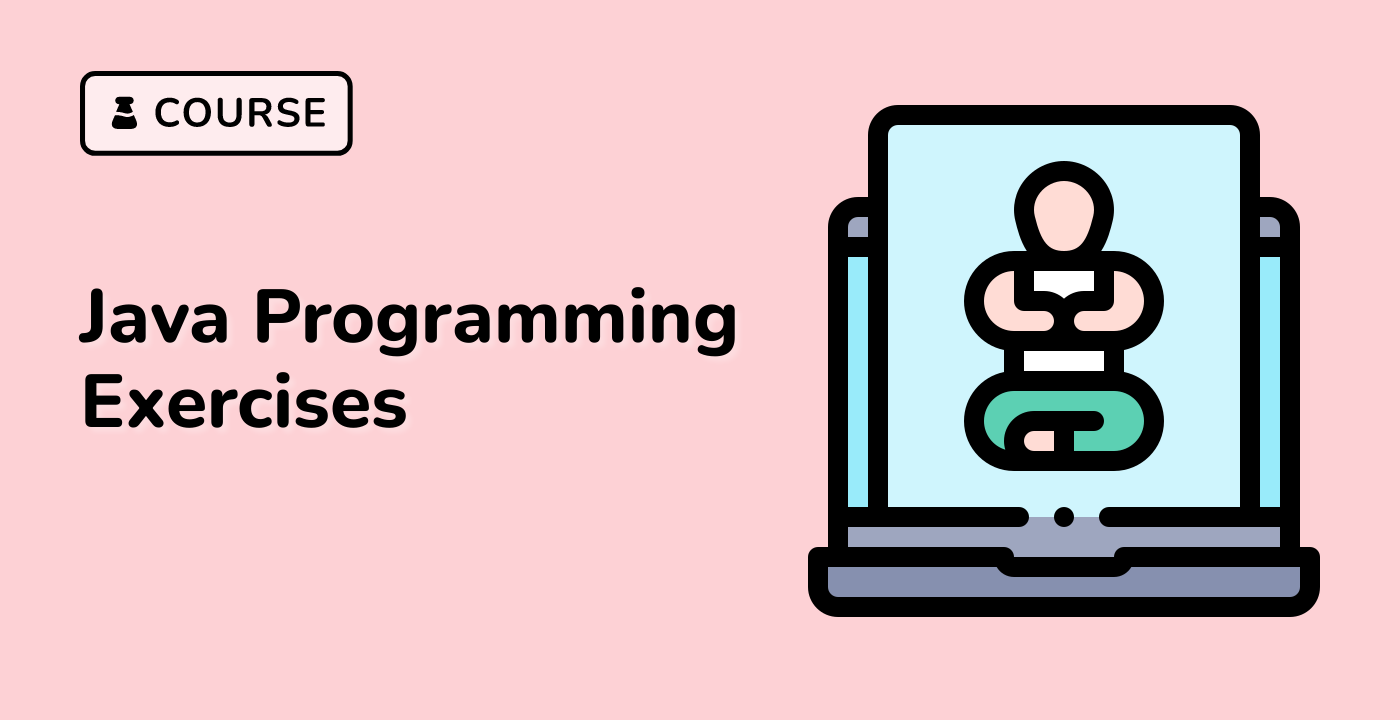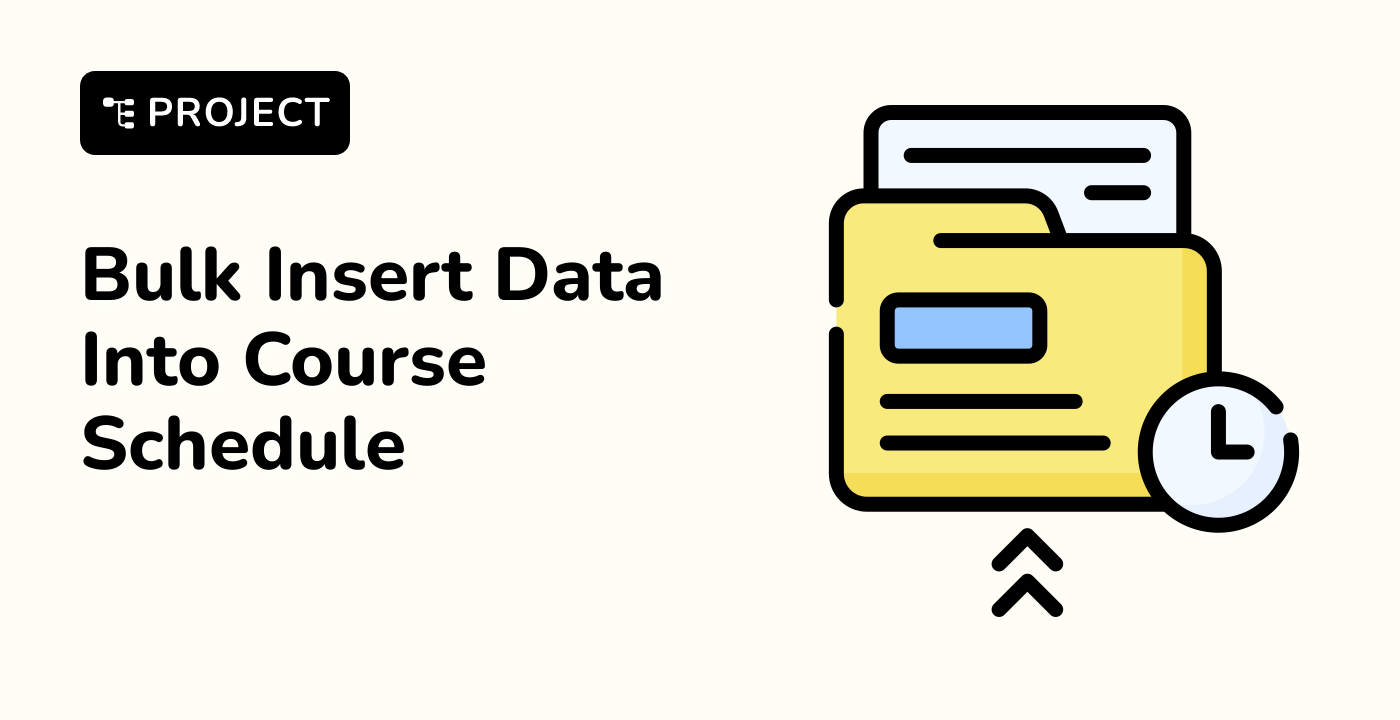Core Components Usage
Commons Lang3 Utilities
StringUtils Example
import org.apache.commons.lang3.StringUtils;
public class StringDemo {
public static void main(String[] args) {
String text = " Hello, World! ";
System.out.println(StringUtils.trim(text)); // Removes whitespace
System.out.println(StringUtils.isBlank(text)); // Checks if string is empty
}
}
Object Manipulation
import org.apache.commons.lang3.ObjectUtils;
public class ObjectDemo {
public static void main(String[] args) {
String value = ObjectUtils.defaultIfNull(null, "Default");
System.out.println(value); // Prints "Default"
}
}
Commons IO Operations
File Handling
import org.apache.commons.io.FileUtils;
import java.io.File;
public class FileDemo {
public static void main(String[] args) throws Exception {
File sourceFile = new File("/path/to/source");
File destFile = new File("/path/to/destination");
FileUtils.copyFile(sourceFile, destFile);
FileUtils.deleteQuietly(sourceFile);
}
}
Commons Collections Techniques
List Manipulation
import org.apache.commons.collections4.CollectionUtils;
import java.util.List;
import java.util.ArrayList;
public class CollectionDemo {
public static void main(String[] args) {
List<String> list1 = new ArrayList<>();
List<String> list2 = new ArrayList<>();
list1.add("Apple");
list2.add("Banana");
List<String> combinedList = new ArrayList<>(
CollectionUtils.union(list1, list2)
);
}
}
Core Components Overview
graph TD
A[Apache Commons Core Components] --> B[Lang3]
A --> C[IO]
A --> D[Collections]
B --> B1[String Utilities]
B --> B2[Object Manipulation]
C --> C1[File Handling]
C --> C2[Stream Operations]
D --> D1[List Manipulation]
D --> D2[Set Operations]
Component Comparison
| Component |
Primary Use |
Key Methods |
| Lang3 |
Utility Functions |
trim(), isBlank() |
| IO |
File Operations |
copyFile(), deleteQuietly() |
| Collections |
Collection Manipulation |
union(), intersection() |
Best Practices
- Import specific utilities
- Use method chaining
- Handle exceptions
- Leverage type-safe operations
At LabEx, we emphasize practical application of Apache Commons libraries to enhance Java development efficiency.




